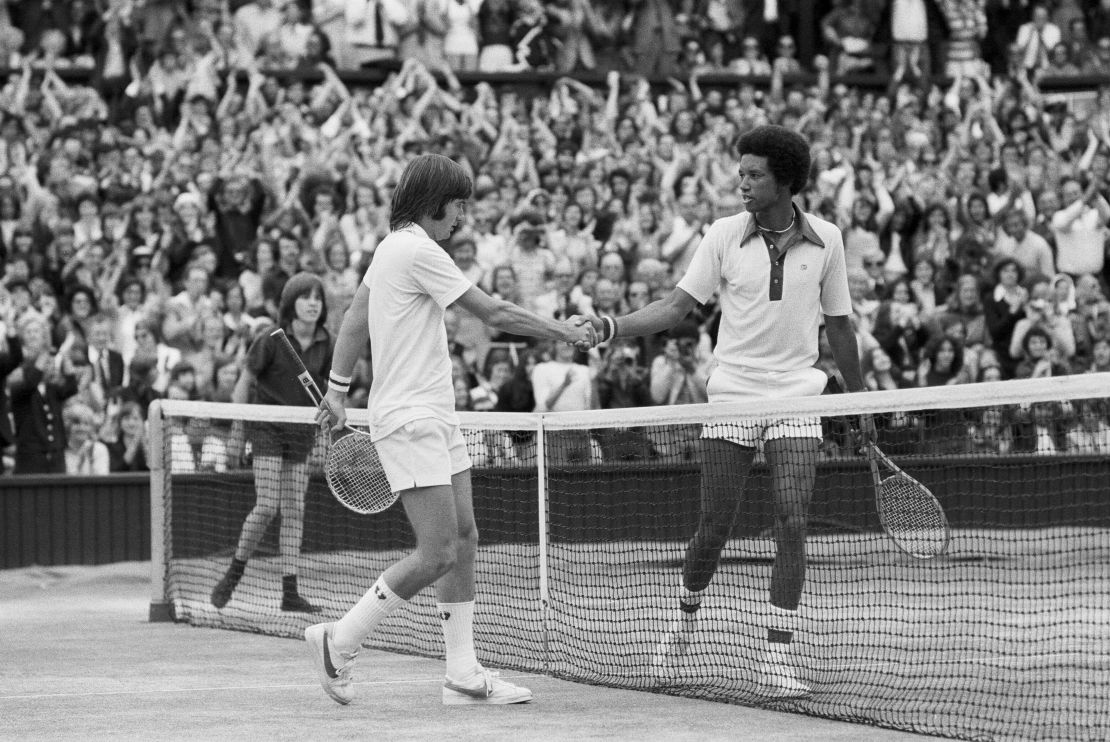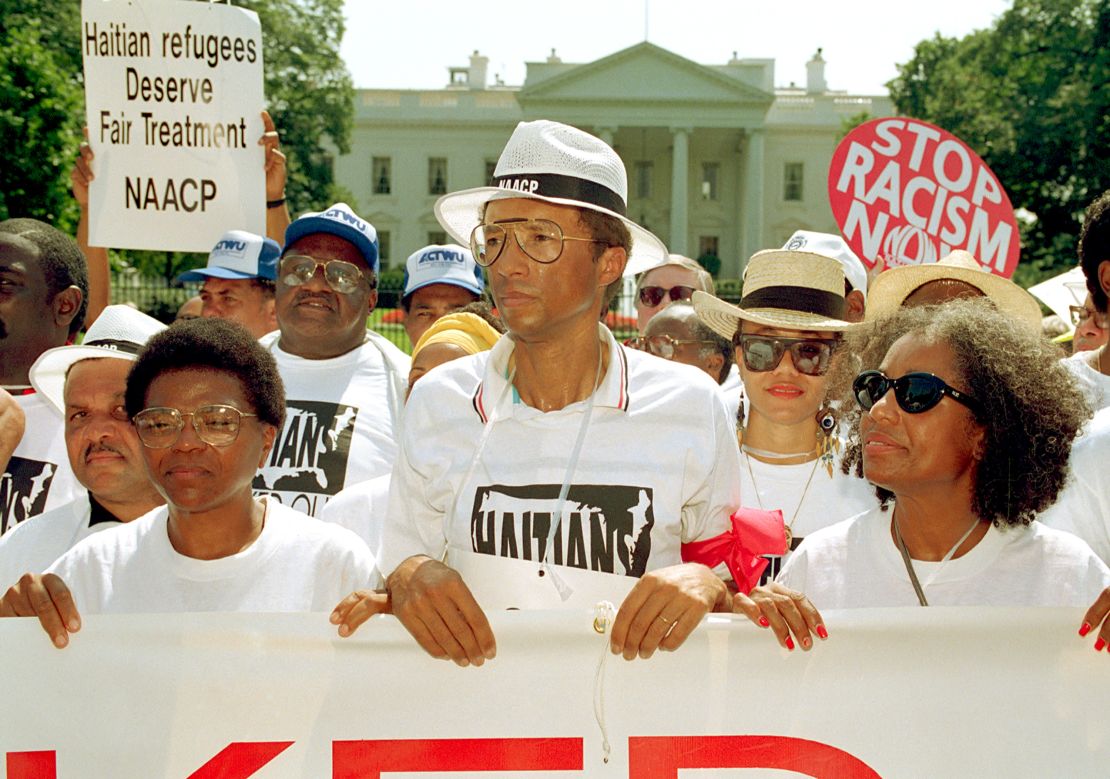Fifty years ago, Arthur Ashe stunned the world by defeating defending champion Jimmy Connors to become the only Black man ever to win Wimbledon’s men’s singles title. Today, his legacy endures—not just as a tennis milestone, but as an enduring symbol of courage, dignity, and purpose.
Masterstroke on Centre Court
On July 5, 1975, just shy of his 32nd birthday, Arthur Ashe delivered what many call one of tennis’s greatest upsets. Facing defending champion Jimmy Connors in the men’s singles final, Ashe dominated with tactical brilliance and calm precision. His trademark slice serve and confident net play dismantled Connors’s offense, culminating in a 6–1, 6–1, 5–7, 6–4 victory. This triumph marked Ashe’s first Wimbledon title and his third—and final—Grand Slam singles crown.

A Door Opened Wider
Ashe’s win resonated far beyond tennis. Faced with the pressures of segregation and inequality throughout his youth, he broke through multiple barriers—not just on court, but in society. Ashe was the first Black man to win Wimbledon, the US Open, and the Australian Open. His 1975 victory signaled not only sporting excellence, but also a powerful message of inclusion and possibility.
Remembering a Champion’s Legacy

To honour the 50th anniversary of his historic win, Wimbledon has welcomed Ashe’s family as special guests and added commemorative touches—like a vintage red phone booth in the queue playing audio clips from that championship moment. In the modern era, players like Frances Tiafoe credit Ashe as a monumental inspiration. “He’s a legend… always paying it forward,” Tiafoe reflected, from personal experience growing up using Ashe’s example to drive his dreams.
Beyond the Baseline

Arthur Ashe’s impact transcends tennis. Off the court, he poured his influence into social justice and health advocacy. After retiring, he publicly disclosed his HIV diagnosis and became a vocal advocate for AIDS awareness until his passing in 1993. He established institutes focused on public health and social equity. In recognition of this life-long mission, he received a posthumous Presidential Medal of Freedom and lent his name to the iconic Arthur Ashe Stadium, the grand center court at the US Open.
As Wimbledon commemorates Arthur Ashe’s golden anniversary, his triumph remains a beacon—reminding us that sport can inspire far more than awe: it can ignite change.




